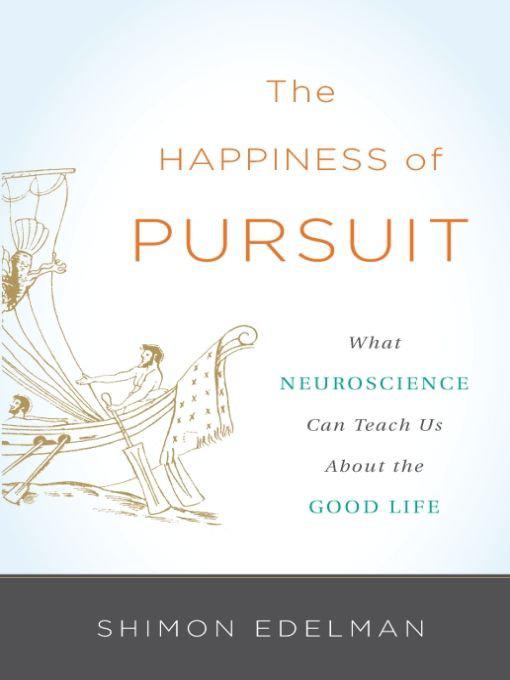
The Happiness of Pursuit
What Neuroscience Can Teach Us About the Good Life
کتاب های مرتبط
- اطلاعات
- نقد و بررسی
- دیدگاه کاربران
نقد و بررسی

Starred review from December 15, 2011
Edelman (Psychology/Cornell Univ.; Computing the Mind: How the Mind Really Works, 2008, etc.) asks readers to discard the "familiar ‘computer metaphor' that halfheartedly likens the brain to a computer," and accept his argument that "the mind is computational in the literal sense." Before dealing with the question of happiness, the author elaborates on his contention that human minds could evolve "to support foresight" because of the brain's ability to "compute by learning and using the statistics of the world in which we live." He explains this with examples such as the ability of a baseball pitcher's brain to specify the location of his body and control its action by directing his shoulder according to horizontal and vertical planes and rotation, while anticipating a ball's trajectory; or the more mundane ability of a shopper to estimate which is the fastest check-out lane. Our brains are continually deluged with data that must be evaluated for cognition to occur. Survival of the organism depends on its ability to foresee the future and act accordingly. Edelman writes that this is the basis for the pursuit of happiness in humans, and by extension all living beings. On a more sophisticated level, humans retain memories and develop foresight, which the author felicitously describes as "remembering the future." We build up expectations while savoring the past and imagining possible futures, with episodic memory acting as "the mind's personal space-time machine--a perfect vehicle for scouting and harvesting happiness." Edelman describes learning language as a similar process that depends on the brain's use of statistics as a basis for inferences about meaning, and concludes that we derive our most sustained happiness from our predisposition to "enjoy every day learning." An elegant tour de force that combines neuropsychology with liberal references to Shakespeare and Homer.
(COPYRIGHT (2011) KIRKUS REVIEWS/NIELSEN BUSINESS MEDIA, INC. ALL RIGHTS RESERVED.)

























دیدگاه کاربران